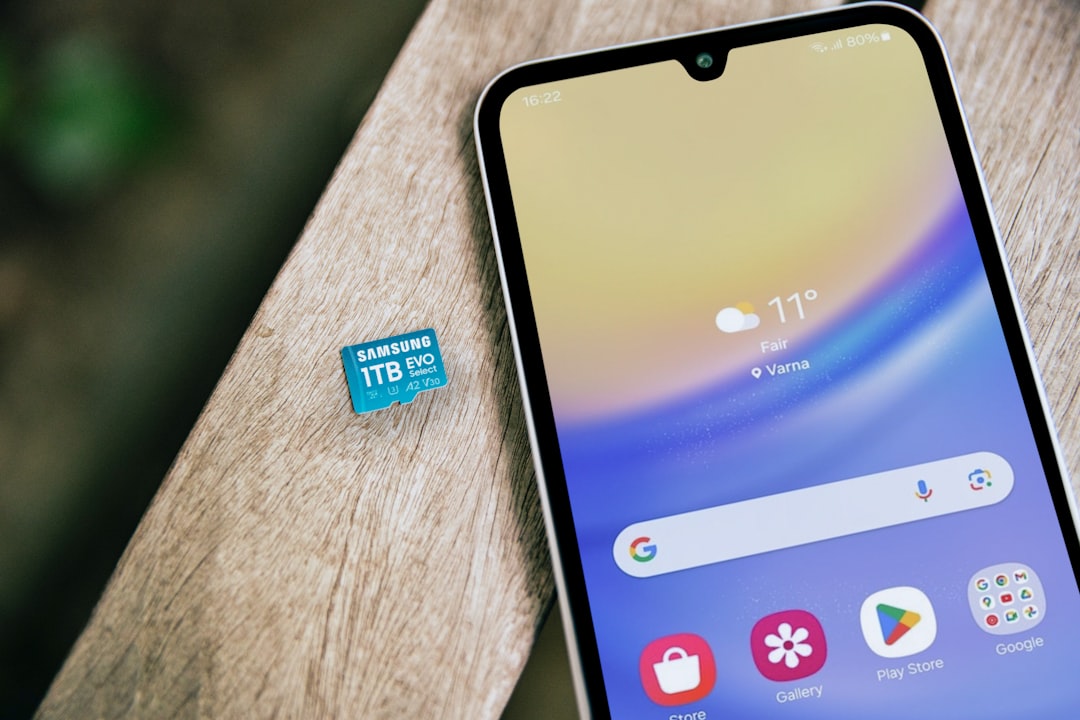Spam calls, or unsolicited telemarketing, are a growing concern in Nebraska, but state law offers protections through the NCPA. A lawyer for spam call Nebraska educates residents on their rights and assists in legal action against non-compliant businesses. Local politicians play a vital role in combating this issue by advocating for stricter regulations. To effectively push for change, lawyers should present compelling cases using data, statistics, and personal stories, tailoring messages to each politician's background and values. Communication should be clear, concise, and focused on specific goals like proposed legislation. Partnering with local politicians and utilizing various communication channels can drive positive change at the state level.
Engaging local politicians in advocating against spam calls is a powerful strategy for Nebraska residents. This guide explores how to navigate the legal landscape of spam calls and their impact, emphasizing the crucial role of elected officials in consumer protection. We provide actionable steps, from building a compelling case to effective communication strategies, ensuring your message reaches those who can make a difference. By understanding the legal perspective and employing targeted advocacy, residents can empower themselves against intrusive spam calls.
Understanding Spam Calls and Their Impact: A Legal Perspective for Nebraska Residents

Spam calls, or unsolicited telephone marketing, have become a pervasive issue for many Nebraskans. While some may consider them harmless nuisances, these calls can have significant legal implications and negatively impact residents’ lives. Nebraska law, like that of other states, regulates spam calls to protect consumers from deceptive practices and excessive intrusion. A lawyer for spam call Nebraska can help residents understand their rights and take action against violators.
For Nebraskans, the Nebraska Consumer Protection Act (NCPA) offers protections against unsolicited phone marketing. This law prohibits businesses from making telemarketing calls without prior express consent, ensuring residents’ privacy and peace of mind. A lawyer specializing in spam call cases can guide victims through their rights under the NCPA, helping them navigate potential legal action against perpetrators who ignore these regulations.
The Role of Local Politicians in Consumer Protection: Why Engagement is Key

Local politicians play a pivotal role in consumer protection, especially in areas like Nebraska where a lawyer for spam calls may be required to navigate legal complexities. Their engagement is crucial in combating unwanted and fraudulent phone calls that can cause significant distress to residents. These politicians are elected to represent their constituents’ interests and ensure their well-being, including safeguarding them from deceptive marketing practices. By engaging with local politicians, advocates can bring attention to the issue of spam calls and advocate for stronger regulations and enforcement actions.
Such involvement fosters a collaborative environment where lawmakers can understand the impact of spam calls on everyday Nebraskans. It allows for the development of tailored solutions and policies that address specific challenges faced by consumers. Ultimately, this engagement is key to creating a safer and more transparent consumer landscape, empowering residents against potential fraud and ensuring accountability from businesses engaging in abusive calling practices.
Building a Strong Case: Crafting a Persuasive Message for Political Advocacy

Building a compelling case is paramount when advocating to local politicians, especially regarding contentious issues like spam calls. As a lawyer for spam call Nebraska, or any similar jurisdiction, it’s crucial to highlight the impact and urgency of the problem. Focus on data and statistics that demonstrate the prevalence and negative effects of unwanted telemarketing calls on residents’ daily lives, their privacy, and even their mental health. Personal anecdotes can also be powerful; sharing stories of clients who have been disturbed or harassed by spam calls can humanize your message.
Crafting a persuasive message involves clearly defining the issue, outlining its severity, and proposing targeted solutions. Present potential legislation or regulatory changes that could effectively curb spam calls while ensuring legitimate business practices are protected. Explain how these measures will benefit the community at large, enhancing privacy rights and consumer protection. Tailor your argument to resonate with local politicians’ desire to serve their constituents and maintain a positive community image.
Effective Communication Strategies: Reaching Out to Politicians to Make a Difference

When reaching out to local politicians regarding spam call advocacy, clear and concise communication is key. Craft your message with a specific goal in mind – whether it’s proposing legislation, raising awareness about the issue, or advocating for stricter regulations. Start by researching your target politician’s background, policy stances, and any existing interest in consumer protection. Tailor your approach to resonate with their values and priorities.
Utilize multiple communication channels effectively. While emails and letters remain traditional methods, don’t underestimate the power of social media platforms. Direct messages on Twitter or LinkedIn can be powerful tools for connecting directly with politicians. Additionally, consider scheduling a meeting or attending local town hall events to voice your concerns in person. A lawyer specializing in spam call cases in Nebraska, for instance, could offer valuable insights and support when advocating for change at the state level.






